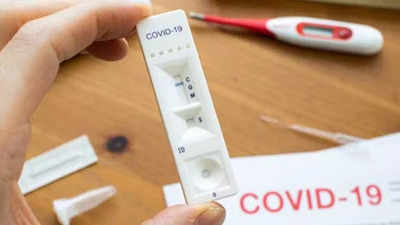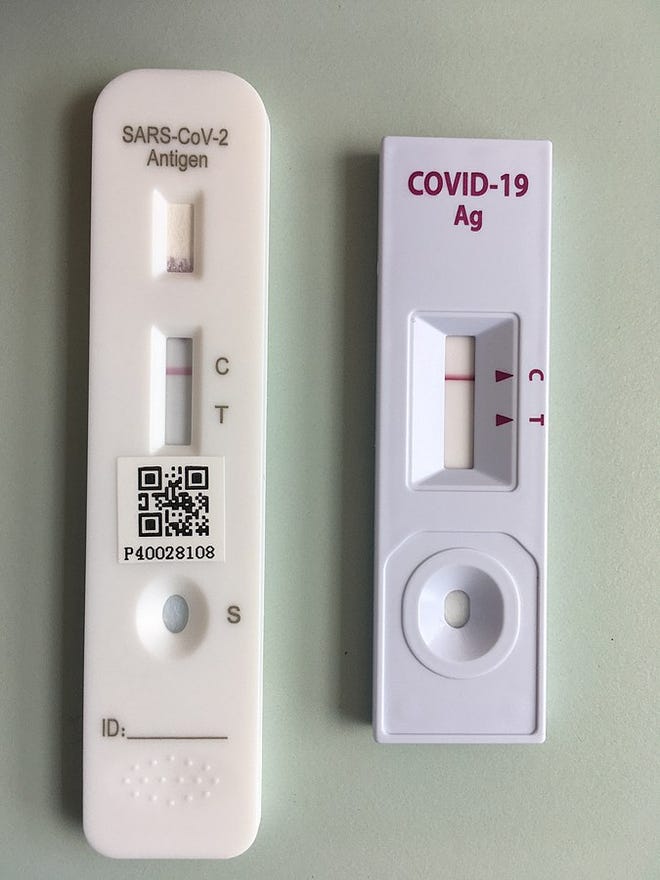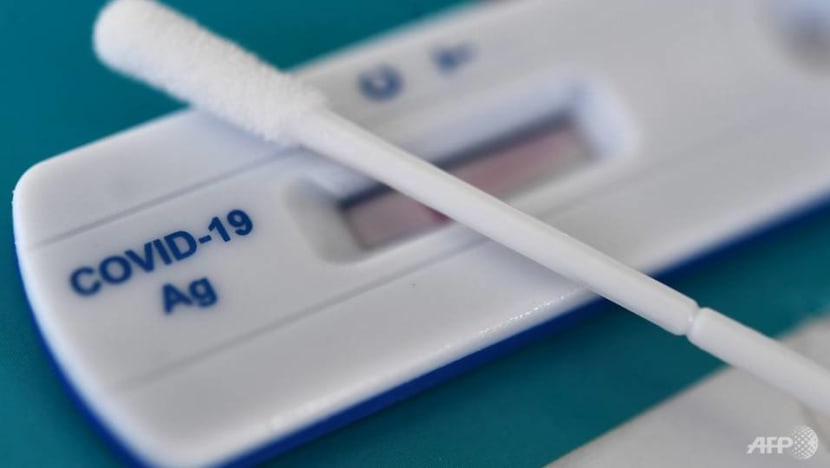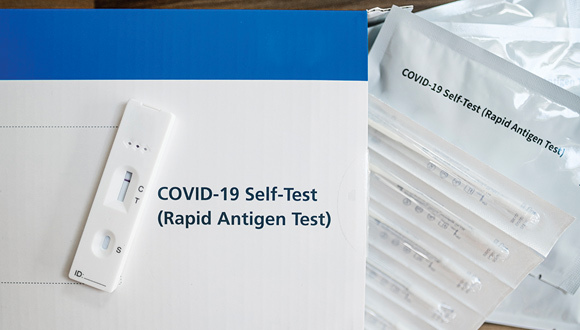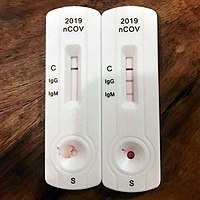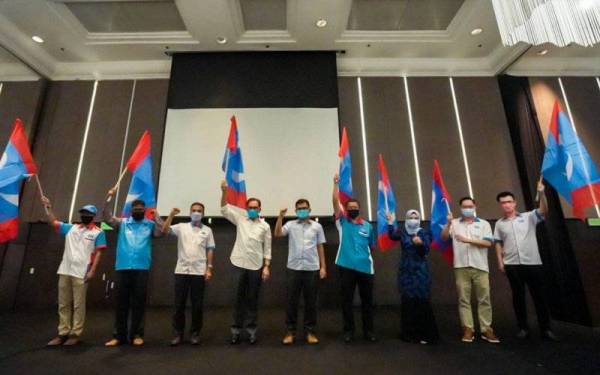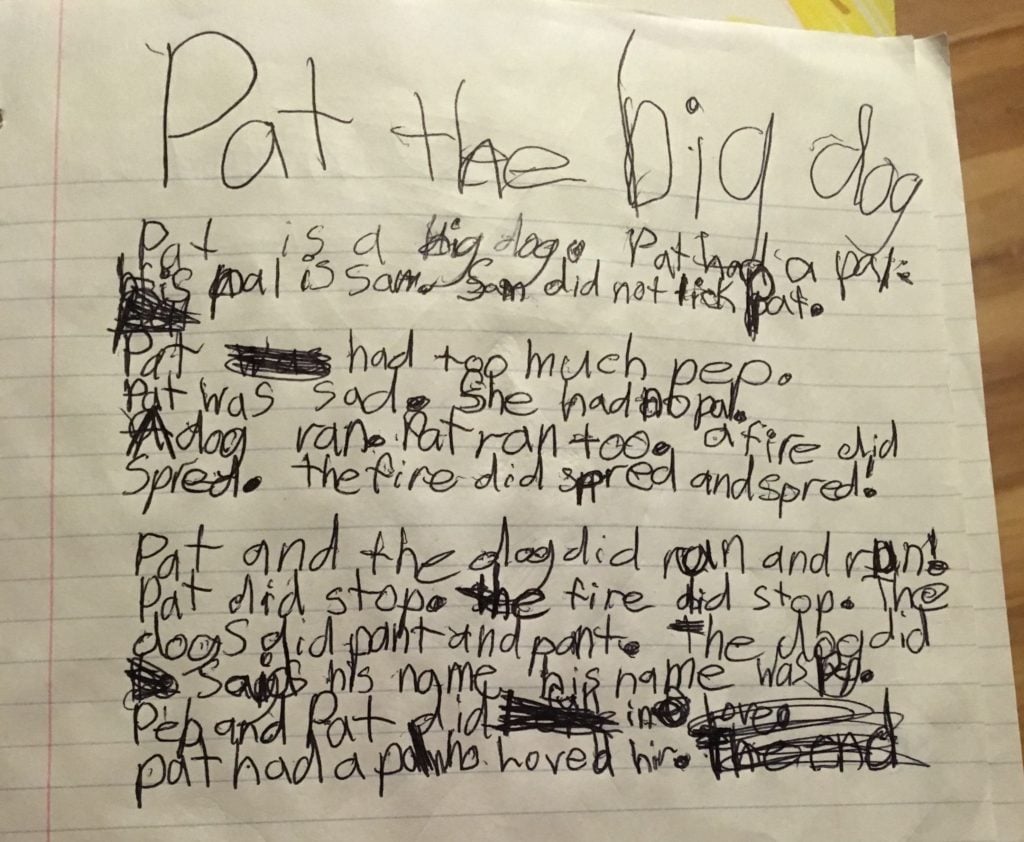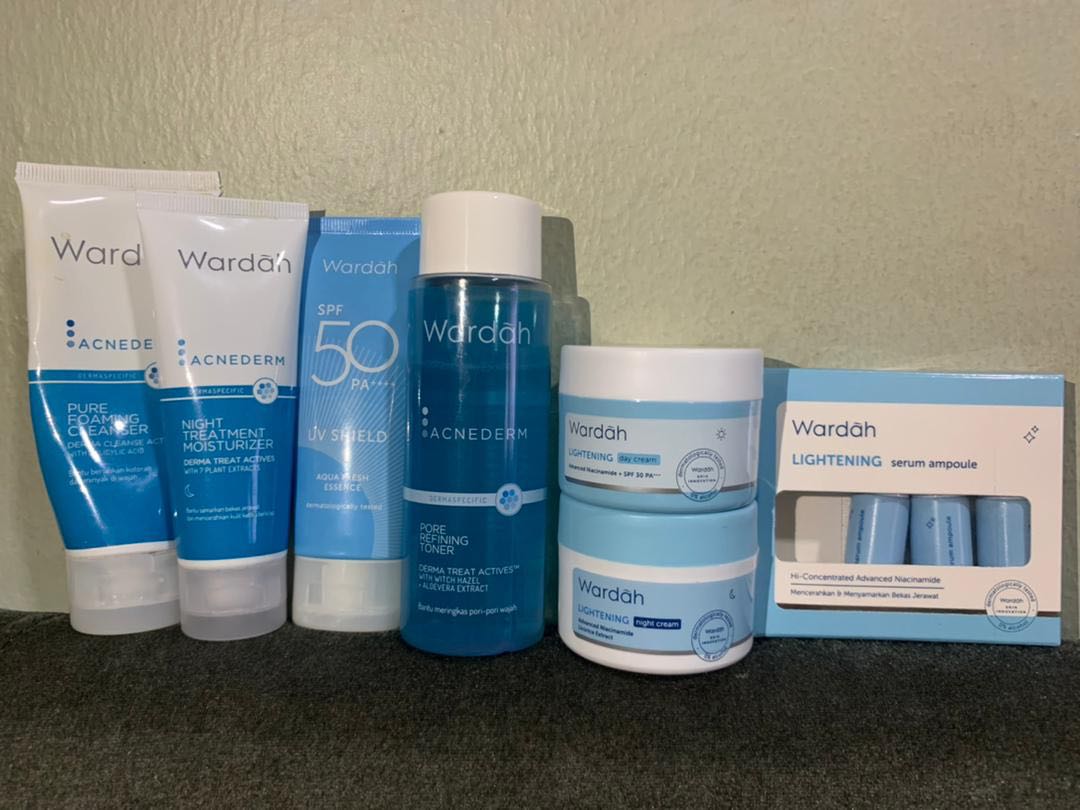Covid test kit positive - You Can Now Order More Free COVID
These 10 Drinks Can Lead to a False Positive COVID Test, New Study Says — Eat This Not That
Chances of a rapid test giving a false negative A examined the results of 64 test accuracy studies evaluating commercially produced rapid antigen or molecular tests.
© Provided by Eat This, Not That! They require specimen collection from the nose or saliva.
Unlike scientists in a lab, the human body in attack mode isn't trying to inactivate viruses just so.
How Long Will You Test Positive for COVID
Some teens have decided that sham are a good thing, as it allows them and their friends to skip school for around ten days and hang out instead.
But denatured proteins are sticky beasts.
A likely explanation is that the immobilised antibodies at the T-line stick directly to the gold particles as they pass by, producing the notorious cola-induced false positive result.
- Related articles
2022 qa1.fuse.tv

